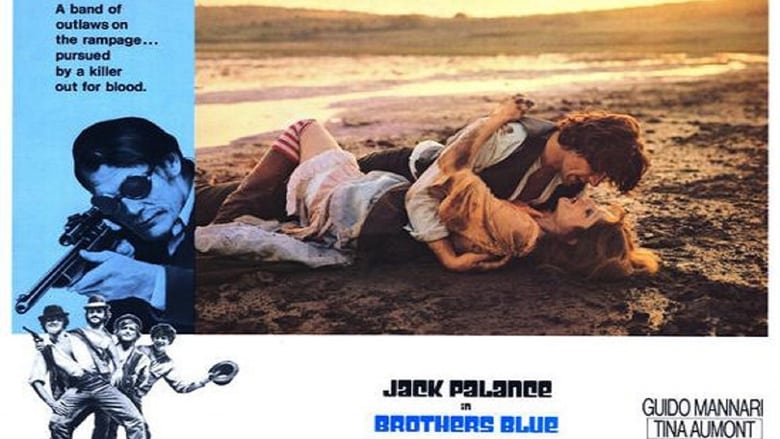
As Tommy begins his criminal career, we're greeted to a montage of images. Despite being early in his career, Cohen already exhibits an interesting visual style.
GANGLAND MOVIE 1973 MOVIE
“Black Caesar” was only the second movie Larry Cohen directed, though he had dozens of credits as a writer. The protagonist spends the entire last third of the film in a sweaty frenzy, Tommy desperately attempting to hold a crumbling empire together. When his genuine opponents begin to put the squeeze on him, the Mafia eliminating his allies, Gibbs' receives a gunshot to the chest. Cohen's intentions become clear, painting Gibbs as a tragic anti-hero brought down by his own hubris. As the story goes on, he sees enemies everywhere, even attacking close friends. Tommy's downfall is signaled in a shockingly unambiguous moment where he rapes his love interest. “Black Caesar” was released in some markets as “ The Godfather of Harlem.” Like Francis Ford Coppela's Mafia mega-hit, the film also concerns the way power corrupts. Yet it's not just 87 minutes of a bad-ass dude owning his enemies. Williamson's effortlessly assured exterior grounds “Black Caesar” even during its most chaotic moments, such as a lengthy sequence where a mob family is bloodily gunned down over their pool. When leaping through a room and gunning down three guys, he never looses that composure. Williamson is the center of a bloody gangland saga. When dressed in his best suit and hat, strutting down the streets of Harlem, his strength as a performer – his charisma, his confidence – become apparent. From his first proper scene in the film, in which he coldly executes a rival gangster in a barber shop, Williamson captures a sense of coolness. In “Black Caesar,” he's the very ideal of charisma.

In “Hammer,” Fred Williamson struck the audience as a performer somewhat uncomfortable on camera. As Tommy's power grows, he starts to doubt his friends and the Black Caesar begins to unwind. He wages a war on the Italians, taking out his enemies. He grabs a ledger book as financial leverage. Gibbs uses this as the foundation to build his own criminal empire. After performing several hits for the Mafia, he's rewarded with a swath of territory in Harlem. When he gets out in the early sixties, he's a young man with ambitions of becoming a mob boss. After assisting in a gangland assassination and standing up to a racist cop, Gibbs goes to prison for eight years. In 1950s Harlem, black teenager Tommy Gibbs shines shoes for a living. It all adds up to make a minor classic of seventies cinema. American International Pictures stepped in to complete the deal, making “Black Caesar” one of many blaxploitation flicks the company would release. When Davis couldn't commit to the project, Williamson entered the picture. The film was an early credit of independent master Larry Cohen, who already had one pseduo-blaxploitation credit under his belt, with the odd “ Bone.” The script combined the plot of “ Little Caesar” with the true life story of Bumpy Johnson and was originally intended to star Sammy Davis Jr. “ Black Caesar” would be the vehicle that would cement his box office power. Retrieved 25 October 2020.“Hammer” might have been forgotten by cinematic history but Fred Williamson was clearly already on his way to becoming a star. " 'Gangster Land' goes soft on crime (and authenticity)".

"Jason Patric Joins 1920s Mobster Movie 'In the Absence of Good Men' ". "First Look: Milo Gibson Is Al Capone in 'Gangster Land' (Exclusive Image)". "Milo Gibson Playing Al Capone in 'In the Absence of Good Men' (Exclusive)". Noel Murray of the Los Angeles Times gave a negative review and wrote, "The ideal audience for Gangster Land would be someone who’s never seen The Untouchables or Boardwalk Empire … or, heck, even Guys and Dolls or Bugsy Malone." References The Hollywood Reporter also gave the film a negative review and wrote, "Respectable period production values and some recognizable castmembers are no substitute for imagination in this flat crime flick, which steals freely from its predecessors but offers none of their guilty-pleasure thrills." He’s got the perspiration part down surely inspiration can’t hold out much longer." ĭennis Harvey of Variety gave the film a negative review and wrote, "Given the gradually upticking arc of his opuses’ IMDb ratings to date, Woodward should finally score a 6 out of 10 sometime next year. The film has a 0% rating on Rotten Tomatoes. The film was released in theaters and on VOD on December 1, 2017. In June 14, 2017, it was announced that Jason Patric joined the cast of the film. Al Sapienza as Giovanni "Johnny" Torrio.Sean Faris as Jack "Machine Gun" McGurn.


 0 kommentar(er)
0 kommentar(er)
